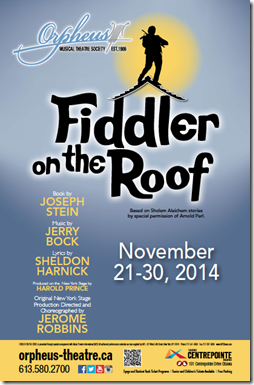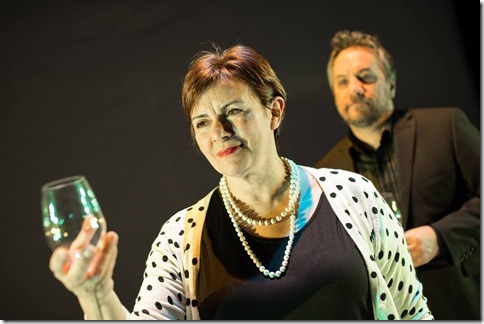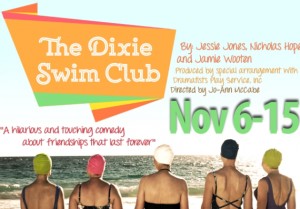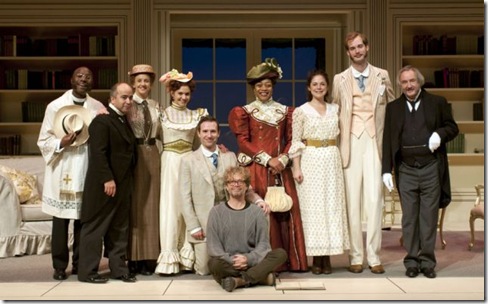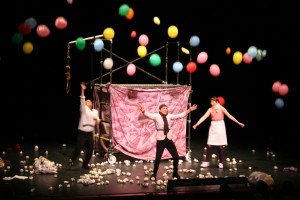The Tale of a Town: the Ottawa portion of the show reveals disparate stories that remind us we are still one community
Toronto’s FIXT POINT theatre company is on a three-year, nationwide mission. Its goal: to remind us who we are by interviewing residents of cities and towns across Canada about their memories of their main street areas and then presenting the highlights of those interviews in mixed-media shows collectively called The Tale of a Town. FIXT POINT creates a new show for every city or town, drawing on local and other actors as collaborators and performers.
When The Tale of a Town Storymobile, a small, round-shouldered trailer outfitted with benches and audio equipment, arrived in Ottawa in mid-November, residents from Orleans, downtown and Wellington West contributed their memories inside it as well as online and by telephone. The FIXT POINT team quickly put together and rehearsed the show and this week performed it over three nights in those same three areas of the city. We attended the Friday night show at the in-the-round venue in Orleans – an empty retail site adjacent to the Shenkman Arts Centre. On stage performing multiple roles, singing and playing musical instruments: Ottawa performers Emily Pearlman, Patrick Gauthier and Katie Swift as well as visiting artists Adam Paolozza and Norah Sadava. Behind the scenes: FIXT POINT’s co-founders/play creators/directors Lisa Marie DiLiberto and Charles Ketchabaw.


